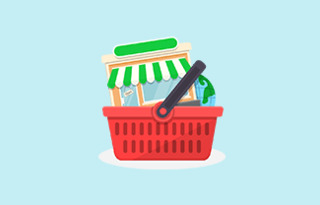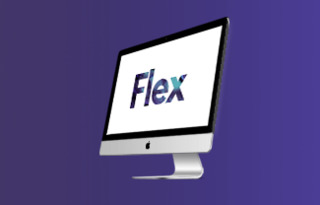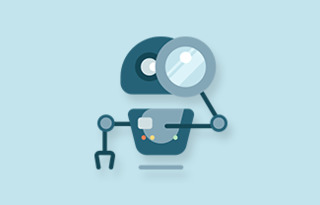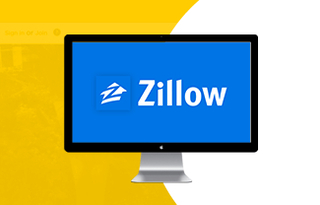
The marketplace giant’s replacement of its long-time payment partner underscores the new diversity in digital payments, as upstart players arrive on the scene, and the big beasts expand their offerings.
On January 31, 2018, we learned that one of the original marketplace leaders, eBay, plans to cut loose its long-time payment partner, PayPal, in favor of Adyen, a younger Dutch platform.
The move came as a surprise to many: though eBay and PayPal have been independent of each other for some time, consumers have long since grown accustomed to using the one in conjunction with the other.
Though it must have been hard for PayPal to see this as anything other than a blow, the company can console itself that while its outright dominance in digital payments may be over, the sector in which it remains a preeminent force is evidently one of growing overall importance.
Indeed, while PayPal’s share price took a sharp tumble in the immediate aftermath of the announcement, on current trends, it should still well exceed its January 2018 peak by the end of the year.
But, what’s so great about Adyen?

Founded in 2006, Adyen hasn’t made much impact on the public consciousness yet – though its users have included big names likeNetflix, Uber, and Spotify. For now, it’s still in private hands – but some predict an IPO this year.
A big draw for eBay is that unlike PayPal, Adyen will not charge vendors to receive payments – something which currently represents a significant drag on competitiveness for eBay sellers. It’s been reported that this change could eventually add $2bn to the revenue of eBay businesses.
Of course, Adyen won’t be offering its services for nothing. But it does have an obvious reason to cut a competitive deal: while PayPal is a global behemoth, with revenues of $11bn, Adyen turned over a relatively modest $178m in 2016. If PayPal had begun to take its relationship with eBay for granted, then for Adyen, the new pairing would be a gamechanger.
In the longer term, eBay has said that its partnership with Adyen is part of the former’s desire to "transition to full payments intermediation.” The new arrangements will see payments more tightly integrated into eBay, in line with Adyen’s track record of providing discreet, back-end payment solutions.
And in the new markets that are of rising importance to the continued growth of maturing businesses like eBay, Adyen offers another draw: support for 150 different currencies.
A bigger pie, more flavors to choose from

Though PayPal is the best-known digital payment service for many consumers in Europe and North America, the growing importance of online and marketplace-based transactions has seen a rich crop of alternative services begin to grow up.
In our own projects here at Roobykon, we’ve made use of a range of different payment gateways to meet the needs of our clients:

For our collaboration with fine art marketplace LumiArts, we chose Stripe Connect, for its many points of compatibility with the Sharetribe open source platform

When it came to working on the development of Bespaced.com, a marketplace for work and event space rentals, we chose Mangopay, for it features enabling smooth integration within the EU market

On another Sharetribe-based project, HorseBuff, our client specified that they would like to work with PayPal; using the new ‘adaptive’ incarnation of that service, we were able to combine greater flexibility with the confidence that comes with this leading name in payment services

In a project we’re currently working on, a marketplace for rental of water-going vessels, we’re using the Braintree payment gateway, another option that offers a range of benefits for marketplace projects
What this situation clearly shows is that in the marketplace for payment gateway solutions, you have to be lean, competitive, and forward-thinking in order to survive – but as we can see, there is no shortage of talent being turned in toward the problem of moving money around our world. Whichever part of the marketplaces or e-commerce game you’re in, this has to be news worth celebrating.










